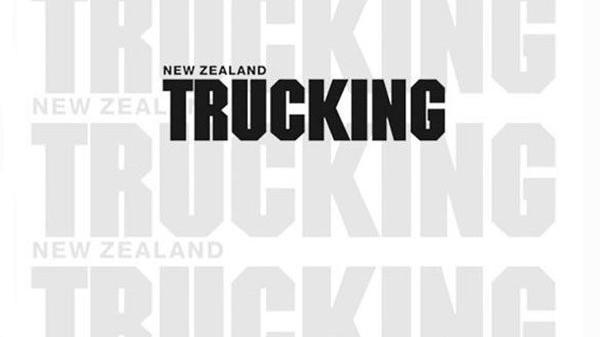The year that wasn’t

As the end of the year approaches, few of us will look back at 2021 with any degree of satisfaction. Most will say good riddance while looking forward to 2022 with more than a bit of hope. It is clear, though, that our economy cannot continue the way it is for much longer, and we surely cannot expect that the artificial stimuli of continual government borrowing will continue indefinitely. At some time, this must stop, and the money we have borrowed will have to be repaid.
Without wanting to put a jinx on things, I recently read an article in an American economics magazine that predicts the next economic downturn will be more drastic than the recession of 2008-09, the GFC. The article cites as reasons: high asset values; the US stock market is currently trading 30% below the peak it achieved when tech shares were in fashion; an unstable internal US economy, currently propped up by government intervention; excessive debt levels brought about by access to cheap money, and a lack of clear economic direction. The writer was not prepared to say when the next recession will hit us but claims it is inevitable.
While this story was centred on the US market, there are distinct parallels to what we see in New Zealand and, as we have seen in the past, what happens in the US will eventually flow down to us as well. Some may argue that the GFC did not have a big effect on New Zealand. Those who hold this view need to look at the drop in the volume of freight moved by road in the country at the time to see how much we were affected. Nobody can argue that the volume of freight moved by road is not a good indicator of economic activity.
Closer to home, an article in The Dominion Post on 13 September caught my eye. It was headed ‘They’re breeding like rabbits’ and referred to the explosion of the rabbit population around the country. A caption in this story said, “Rabbits are a pest because they eat a lot of grass.” I would like to put my take on this: “Politicians are a pest because they produce a lot of hot air.” If they would only shut up and get onto doing something instead of just telling us what they want to do and then making up excuses as to why it did not happen, we would all be better off. Certainly, this approach would do wonders for reducing the effects of all the hot air on climate change, and we might even see some physical benefits from the promises.
In the middle of September, the NZTA published a consultation document and rule amendment setting out proposed changes to the Driver Licensing Rule. Oh, good, I thought, we may now see some progress on the changes to heavy-vehicle licensing and special type vehicle endorsements consulted on five years ago and which has since dropped out of sight. Wrong. All the amendment does is return some time restrictions on class 1 and 6 learners and restricted licences back to their position before the 2014 amendment, which has not worked. At least it keeps the bureaucrats in employment. I guess we should be thankful that the NZTA is not seeking additional funding from the government for this amendment. Instead, it will cover the cost out of its existing budget. However, there is a hidden message in this; the NZTA says the changes will affect cash flow and adds, “as the [driver licensing] system is operated on a cost-recovery user-pays basis, this will be corrected in the short to medium term”. I suspect this is code for licence fees will increase. Mind you, this should not be surprising, given the NZTA is currently haemorrhaging money. What intrigues me about the statement is if the driver licensing system is a costrecovery user-pays system, why doesn’t the government apply this principle to our roads and stop subsiding electric-vehicle users and cyclists who don’t pay for using the road?
So, what will 2022 hold? Who really knows? No doubt, behind closed doors somewhere in Wellington, an increase in government fees and charges such as RUC is already under discussion. I suspect that some readers will not see it through until this time next year as the cost of supplying our services becomes too great. Margins are likely to be eroded further as bigger customers adopt more aggressive take-it-or-leave-it tactics. I am sure we will see the mandatory use of electronic logbooks evolve into law, perhaps as a condition of HPMV permits, and we can surely expect MBIE to take greater interest in our industry’s compliance with health and safety rules.
I am also sure we will see more speed restrictions on our state highways, with 80kph becoming the norm rather than the exception. It’s a far cheaper option than fixing the roads and has a side benefit through fines issued to people caught exceeding the lower speed limit.
Enjoy 2022.
Read more
Taking Control
0 Comments5 Minutes
And so the year ends
0 Comments5 Minutes
Return of the night carts
0 Comments5 Minutes
Dead like the dodo
0 Comments5 Minutes



